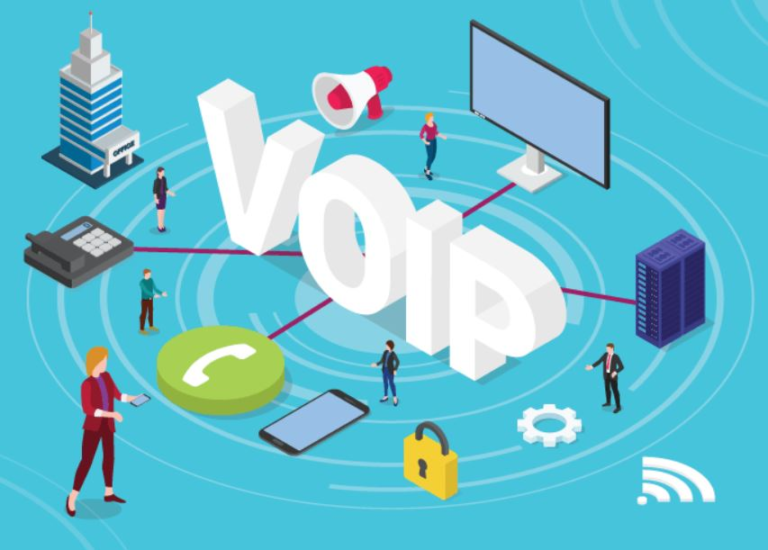The Evolution and Impact of VoIP Technology in the UK
Voice over Internet Protocol (VoIP) technology has revolutionized communication, offering significant advancements and flexibility compared to traditional telephony systems. In the UK, VoIP technology has transformed business communication and is increasingly becoming a staple in homes. This shift is driven by the demand for cost-effective, versatile, and feature-rich phone systems.
Understanding VoIP Technology
VoIP technology converts voice into digital signals, allowing calls to be made directly from a computer, a VoIP phone, or other data-driven devices. Essentially, it uses the Internet as a medium to transmit calls, bypassing traditional phone lines and, thereby, reducing costs associated with standard phone services.
Advantages of VoIP for Home Users
- Cost Efficiency: VoIP services are generally less expensive than traditional telephony, particularly regarding long-distance and international calls.
- Flexibility: With VoIP, users can make and receive calls from anywhere, provided they have an internet connection. This feature particularly benefits individuals working from home or those who travel frequently.
- Advanced Features: Many VoIP services offer features not available with traditional landlines, such as caller ID, call blocking, voicemail to email transcription and video calls.
- Integration with Smart Home Technologies: VoIP technology integrates seamlessly with other smart home devices, enhancing overall home automation and management.
Recent Innovations in VoIP Technology in the UK
The UK’s VoIP market has seen several recent innovations that enhance user experience and functionality:
- AI Integration: Artificial intelligence (AI) is being incorporated to improve voice recognition and command features, making VoIP interactions more intuitive and efficient.
- Enhanced Security Protocols: As cyber threats increase, VoIP providers have strengthened their security measures to protect users’ data and privacy. Advanced encryption protocols and two-factor authentication are now more commonly employed.
- Improved Call Quality: Advances in codec technology and internet bandwidth optimization have significantly enhanced the clarity and reliability of VoIP calls.
- Mobile Optimization: VoIP applications are increasingly designed with a mobile-first approach, acknowledging the growing use of smartphones and tablets in home environments.
The Impact of Brexit on VoIP Technology in the UK
Brexit has had implications for digital and telecommunication services’ regulatory and operational landscape, including VoIP. Regulation changes may affect how VoIP services are priced and offered, but also open opportunities for UK-based innovations.
Choosing the Right VoIP Provider in the UK
Selecting the right VoIP home phone UK provider is crucial for maximizing the benefits of this technology. Potential users should consider the following:
- Service Quality: Look for providers with high uptime percentages and minimal service disruptions.
- Customer Support: Providers should offer robust customer support, including 24/7 assistance and multiple contact methods.
- Pricing Structure: Evaluate the pricing to ensure it aligns with your communication needs and budget.
- Feature Set: Confirm that the features offered meet your specific needs, such as call forwarding, line number portability, or conference calling capabilities.
The Future of VoIP in the UK
The future of VoIP in the UK looks promising, with continuous growth in adopting this technology. The integration of VoIP with IoT and advancements in network infrastructure predict a scenario where VoIP technology not only improves in functionality but also becomes central to home communication systems.
In conclusion, VoIP technology presents a transformative opportunity for home phone systems in the UK. Its cost-efficiency, coupled with a rich set of features and the convenience it offers, makes it a compelling choice for homeowners. As technology evolves, it is expected to become even more integrated into our daily lives, making traditional telephony a thing of the past.

